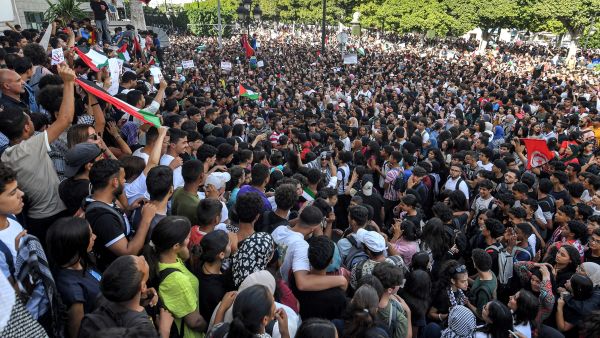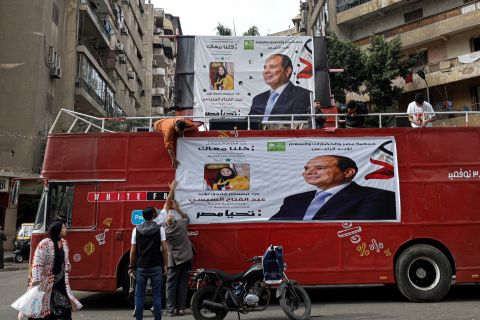ALBAWABA - In the 13th year since the Jasmine Revolution, Tunisia is set to conduct "Regional and Local Council" elections, marking a pivotal moment in its democratic journey. As the country navigates through political shifts and economic struggles, the elections are expected to shape Tunisia's path forward.
The elections, scheduled for December 24, are a key element of Tunisia's political landscape, outlined in the new constitution adopted last year. These polls will determine the members of the Regional and Local Council, forming the second wing of the parliament.
The historical significance of the Jasmine Revolution, ignited by Mohamed Bouazizi's self-immolation in Sidi Bouzid on December 17, 2010, underscores the importance of these elections. The revolution led to the overthrow of President Zine El Abidine Ben Ali and set Tunisia on the path to democratic transition.
In the years following the revolution, Tunisia experienced political assassinations, terrorist threats, and economic challenges. The Nobel Peace Prize awarded to the Tunisian National Dialogue Quartet in 2015 brought hope for stability and democratic progress.
However, the country faced ongoing political and economic crises. A series of governments grappled with issues of governance and economic reform, while the people protested against austerity measures imposed to address financial difficulties.
President Kais Saied's "extraordinary decisions" in July 2021, including the suspension of parliamentary activities, further intensified the political landscape. The move altered the commemoration date of the Jasmine Revolution and set the stage for constitutional changes, a referendum, and early elections.
As Tunisia enters a new phase with the upcoming "Regional and Local Council" elections, the political and economic challenges persist. The people, who participated in the referendum on the new constitution, are now preparing to cast their votes in the elections that will shape the country's regional and local governance.
The elections are seen as a crucial step in President Saied's proposed "roadmap" to navigate Tunisia out of the political crisis. With the parliamentary doors closed until the general elections, the Regional and Local Council's role is elevated as it forms the second wing of the parliament.
As Tunisia stands at the crossroads of its democratic journey, the outcome of these elections will undoubtedly shape the nation's future. The international community closely watches Tunisia's progress, hoping for stability and continued strides towards democracy.










